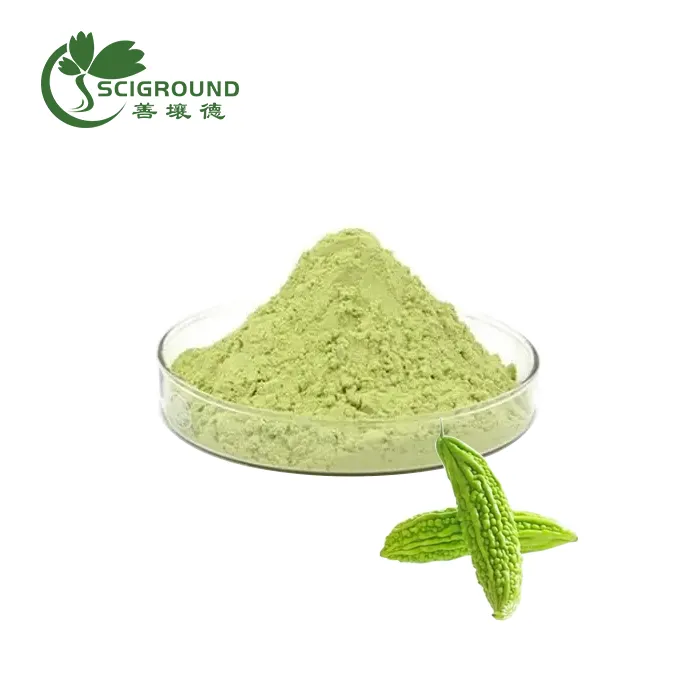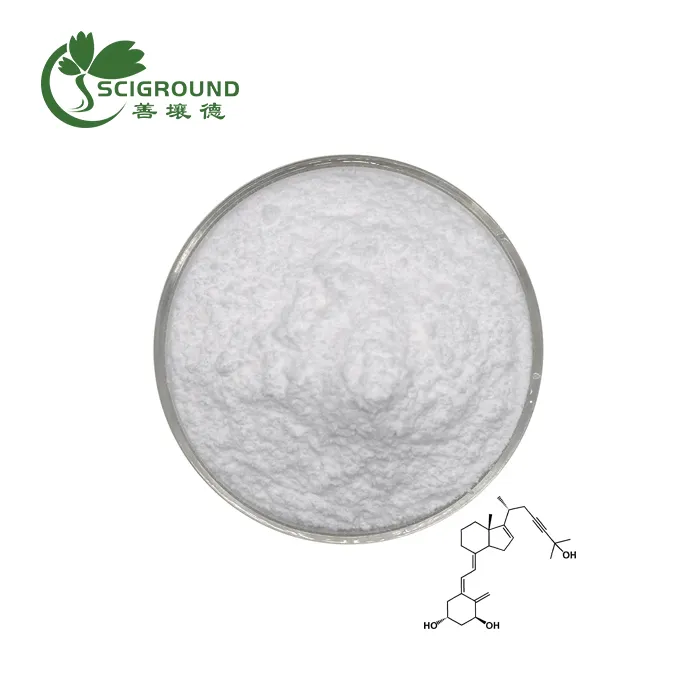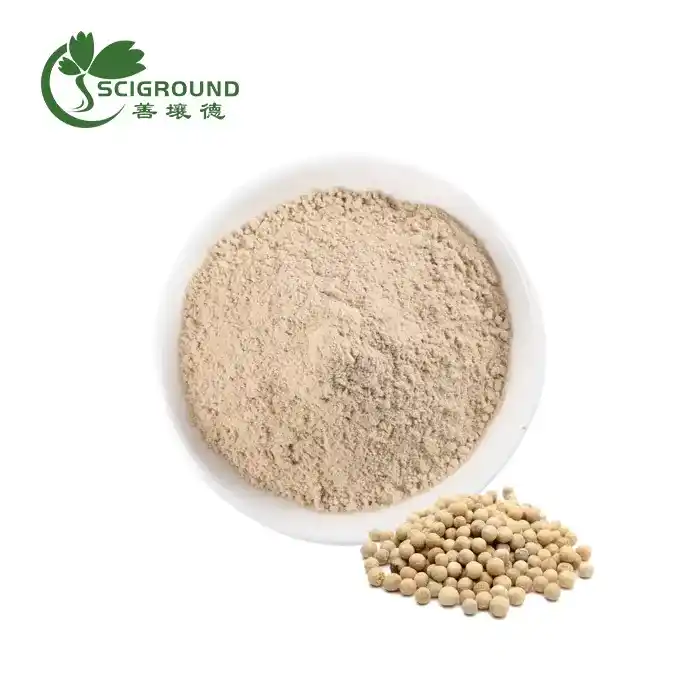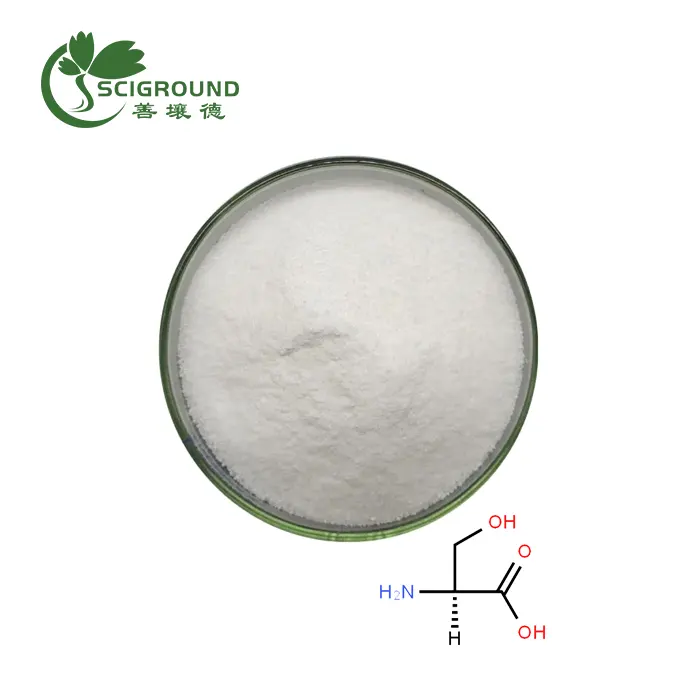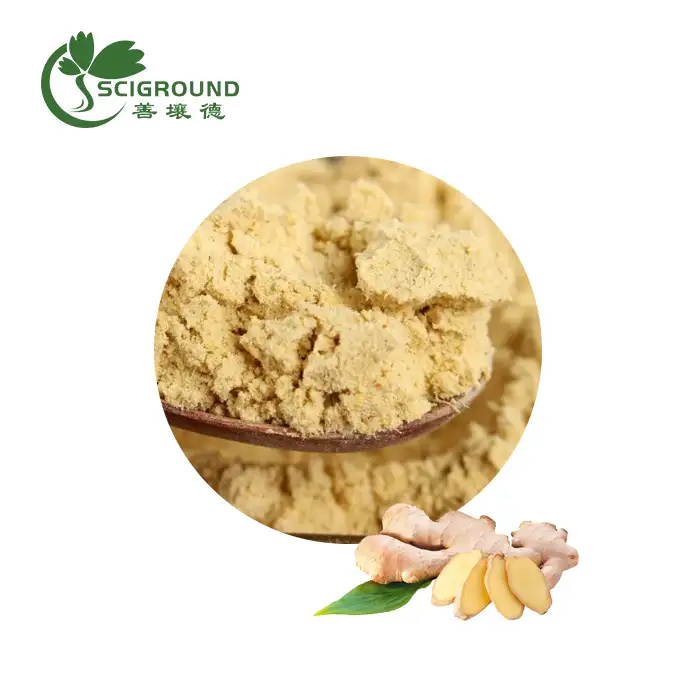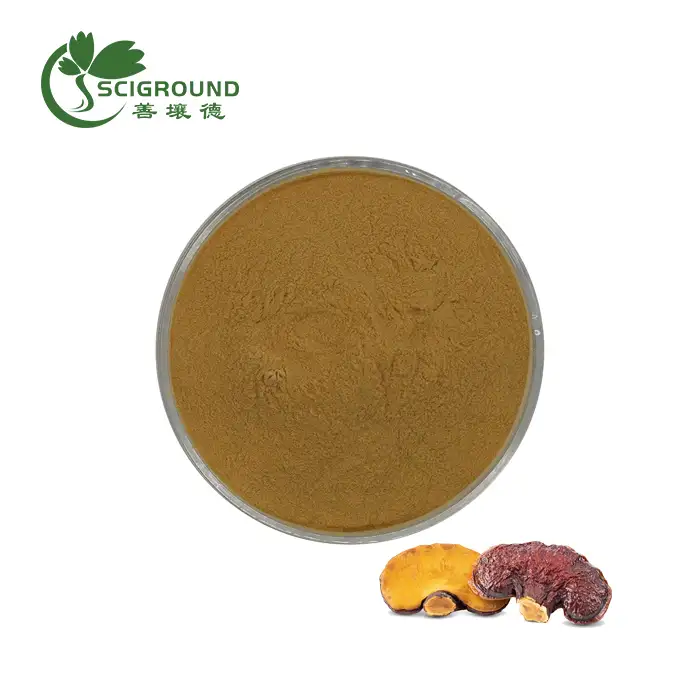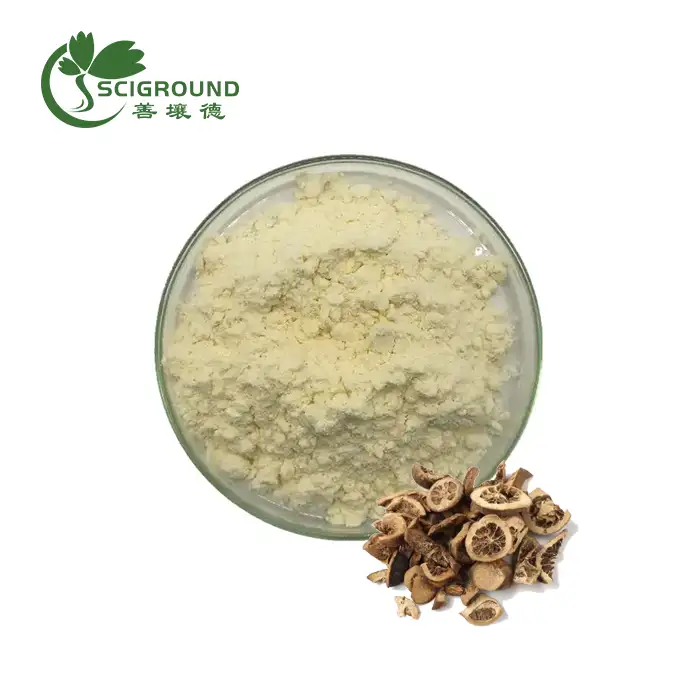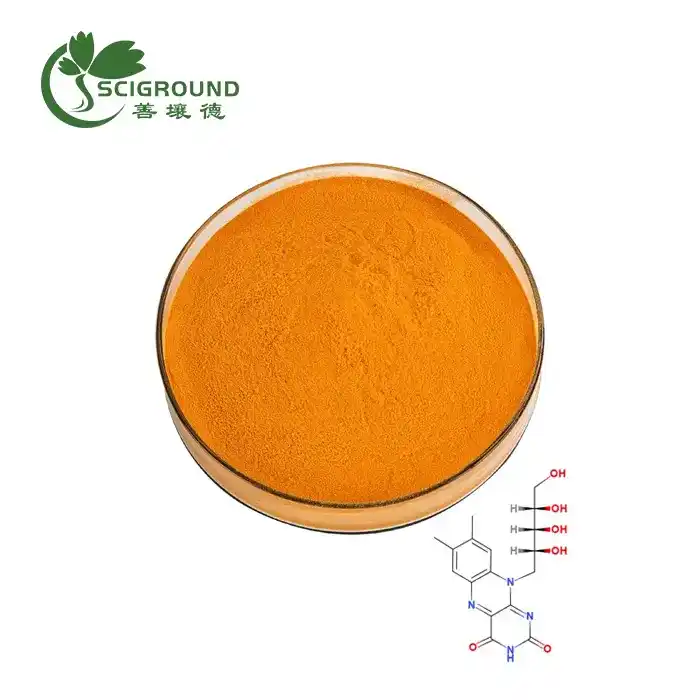When to Take Resveratrol
As an plant extract manufacturer, frequently be asked for resveratrol guidance, I’d like to provide evidence-based recommendations on when to take this multifaceted supplement to maximize its benefits. Proper timing and dosage scheduling can enhance resveratrol’s bioavailability and effects. Read on for a comprehensive look at optimizing your resveratrol regimen.
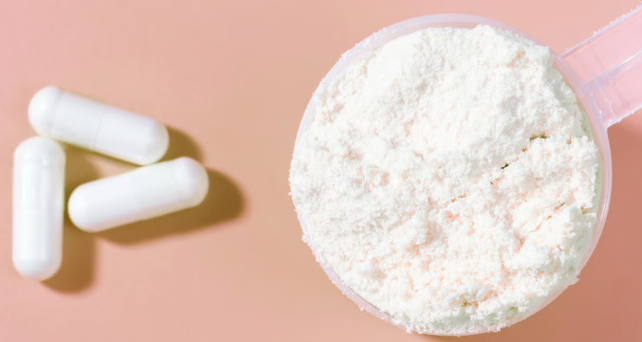
Which is Better Now: Capsules or Powder?
When choosing a resveratrol supplement, high quality trans-resveratrol extracts are key. Capsules and powders both work well, with some pros and cons:
Capsules
Enhanced stability
Convenient precise dosing
Avoid unpleasant taste
Vegetarian options
Potential downsides of capsules include fillers and additives, and less absorption compared to powders.
Powders
Maximize absorption and bioavailability
Often higher potency extracts
Can add to smoothies, juices, etc.
Powder taste and measuring doses precisely may be issues for some.
For general health, quality resveratrol capsules containing Polygonum cuspidatum root extract offer simplicity and balanced potency. Those seeking maximum absorption or higher doses may prefer powder formats. I recommend choosing organic, additive-free products from reputable manufactures for safety and efficacy.
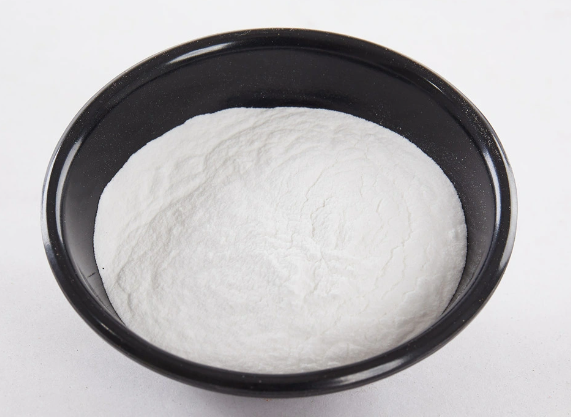
Is Resveratrol Water-Soluble or Fat-Soluble?
As a polyphenol compound, polygonum cuspidatum extract resveratrol possesses relatively low water solubility and is poorly absorbed in an aqueous environment. However, resveratrol does appear to have some fat solubility based on several studies:
Absorption increased when taken with high fat meals
Absorption improved with lipid-based formulations
Resveratrol incorporated into micelles/liposomes
This suggests resveratrol likely has mixed water and fat solubility characteristics. Though not completely hydrophobic, resveratrol does interact with lipid environments. This impacts its bioavailability and informs optimal delivery methods.
To maximize absorption, I generally advise taking resveratrol supplements with food that contains healthy fats or oils. Some examples include avocado, nuts, olive oil, nut butters, full-fat Greek yogurt, and eggs. This helps solubilize resveratrol to improve its epithelial transport and utilization.
Should You Take Resveratrol in the Morning or at Night?
Based on the latest pharmacokinetic data, splitting resveratrol doses between morning and evening results in the most consistent plasma levels for sustained effects:
Absorption peaks around 60-90 minutes after oral dosing
Elimination half-life is around 9 hours
Taking polygonum cuspidatum resveratrol only in the AM would lead to waning levels later in the day. An evening single dose could result in high transient spikes.
Therefore, I typically recommend 100-200mg in the morning with breakfast and the same dose with dinner. This provides sustained coverage without wide fluctuations.
However, resveratrol timing can be adjusted based on your personal preferences and needs:
Night doses may improve sleep quality
AM doses may help establish circadian rhythms
Pre-workout doses may enhance performance
Monitor your response at different times to find your ideal regimen. Just maintain consistent daily intakes divided into equal AM/PM doses for optimal effects.
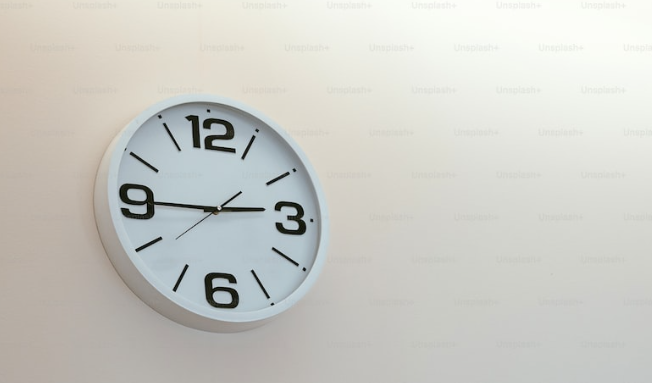
When Should You Use Resveratrol?
Resveratrol provides diverse health benefits making it helpful for:
Heart Health
Its cardio-protective effects make resveratrol ideal for supporting cardiovascular function long-term, especially in those with risk factors.
Cognitive Health
Neuro-modulating properties help maintain memory, cognition, and neural connections as we age.
Metabolic Health
Resveratrol aids healthy insulin and glucose metabolism, fat burning, and mitochondrial function.
Skin Heath
Topical and oral resveratrol protects and nourishes skin to reduce visible aging.
Fitness Performance
Some evidence indicates pre-workout resveratrol may increase endurance, strength, and recovery.
General Health
Virtually everyone can benefit from resveratrol daily as an antioxidant and anti-inflammatory for disease prevention.
Additionally, use higher therapeutic doses under medical supervision to help manage specific conditions responsive to resveratrol, like diabetes, neurodegeneration, fatty liver, and more.
Should Resveratrol Supplements Be Taken with Food or Empty Stomach?
As mentioned earlier, the fat-soluble and lipophilic nature of resveratrol means taking it with food, especially a meal containing healthy fats or oils, can significantly enhance absorption compared to an empty stomach.
Clinical studies demonstrating the benefits of polygonum cuspidatum root extract resveratrol typically gave doses with meals or snacks to improve bioavailability. Therefore, I recommend always pairing resveratrol with food.
Some good options include avocado toast, a handful of nuts, Greek yogurt, eggs, or protein shake made with nut butter, olive oil, etc. The dietary fats will help solubilize resveratrol for optimal utilization by your body.
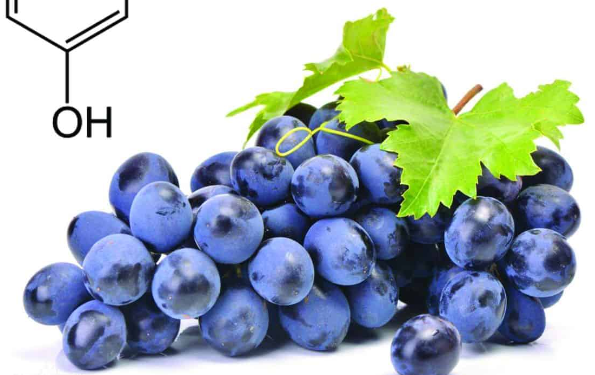
Which Resveratrol?
When selecting a resveratrol product, I advise choosing preparations that offer:
Pure Polygonum cuspidatum root extract
Standardized to 20% or higher trans-resveratrol
Organic, non-GMO, contaminant tested
Encapsulated powder or dissolvable powder
Reputable brand with good manufacturing practices
This ensures maximum potency, purity, and absorption to leverage resveratrol’s extensive health benefits. Follow dosage guidelines and take with food daily in divided AM/PM doses to optimize your regimen. Pair resveratrol with key lifestyle strategies like smart nutrition, exercise, and stress management for synergistic effects.
In summary, resveratrol is best taken at 100-200mg doses with morning and evening meals that contain healthy fats or oils. This balances sustained levels with optimal absorption. Powders or quality encapsulated powders provide pure, potent resveratrol to support overall wellness and longevity.
FAQ about When to Take Resveratrol:
Q: Should you take resveratrol with water or juice?
A: Water and juice will not enhance the absorption of resveratrol as well as taking it with food containing fats or oils. For maximum bioavailability, always take resveratrol capsules or powder with food.
Q: Can you take resveratrol on an empty stomach?
A: It’s not recommended to take resveratrol supplements on an empty stomach as absorption will be reduced without food. Always pair resveratrol with a meal or snack.
Q: Is morning or night better for taking resveratrol?
A: The latest evidence supports split doses morning and night to provide consistent coverage and effects throughout the day.
Q: Does resveratrol keep you awake if taken at night?
A: Resveratrol generally does not have stimulant effects, but higher doses close to bedtime could potentially disrupt sleep in some individuals. As long as evening doses are kept moderate, it should not affect sleep.
Q: When is the best time to take resveratrol for exercise?
A: Taking 100-200mg about 60-90 minutes prior to exercising is ideal timing to achieve optimal plasma levels for performance enhancement.
At sciground, we are a professional manufacturer and supplier of resveratrol. We offer high-quality resveratrol products at competitive prices. If you have any questions or would like more information, please feel free to contact us at info@scigroundbio.com.
References:
Smoliga JM, Blanchard O. Enhancing the delivery of resveratrol in humans: if low bioavailability is the problem, what is the solution? Molecules. 2014;19(11):17154-17172.
Szaefer H, Licznerska K, Krajka-Kuźniak V, et al. Modulation of CYP3A4 Activity Alters Resveratrol Metabolism in Human Hepatocytes In Vitro. Molecules. 2018;23(12):3226.
Turner RT, Evans GL, Zhang M, Maran A, Sibonga JD. Is resveratrol an estrogen agonist in growing rats? Endocrinology. 1999;140(1):50-54.
Patel KR, Scott E, Brown VA, et al. Clinical trials of resveratrol. Ann N Y Acad Sci. 2011;1215:161-169.
Goh KP, Lee HY, Lau DP, Supaat W, Chan YH, Koh AF. Effects of resveratrol in patients with type 2 diabetes mellitus on skeletal muscle SIRT1 expression and energy expenditure. Int J Sport Nutr Exerc Metab. 2014;24(1):2-13.
About Author

Celine Xu is a botanist with over 15 years of experience researching and developing plant extracts for nutritional and pharmaceutical applications. She leads an R&D team focused on identification, cultivation and extraction of medicinal plants. Celine Xu earned a Ph.D. in Plant Biology from UC Berkeley and has authored numerous articles in peer-reviewed journals about the health benefits of specific phytochemicals. She frequently speaks at industry conferences about new developments in plant extract research. Celine Xu is dedicated to advancing the scientific understanding of how targeted plant compounds can be used to improve human health.
Related Industry Knowledge
- What is aescin used for?
- Would Cauliflower Rice Act as a Binder for Meatloaf
- Is it better to take inositol powder or capsules?
- What are the side effects of clove powder?
- Is hydrolyzed wheat protein the same as gluten?
- how to use stevia leaves
- Is it better to take astragalus in the morning or at night?
- Creatine HCL vs Monohydrate
- Is Pea Protein Gluten Free?
- How Long Does Capsaicin Burn Last?
